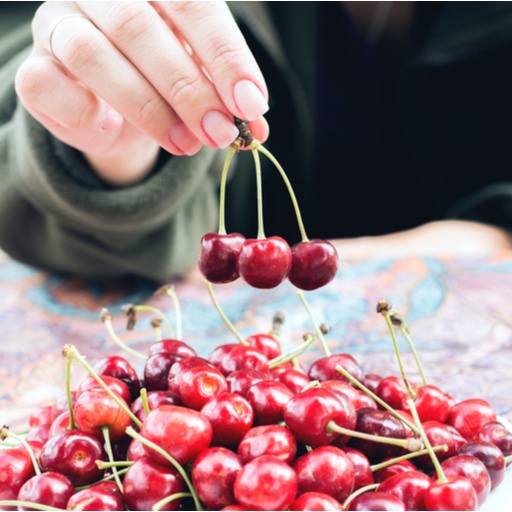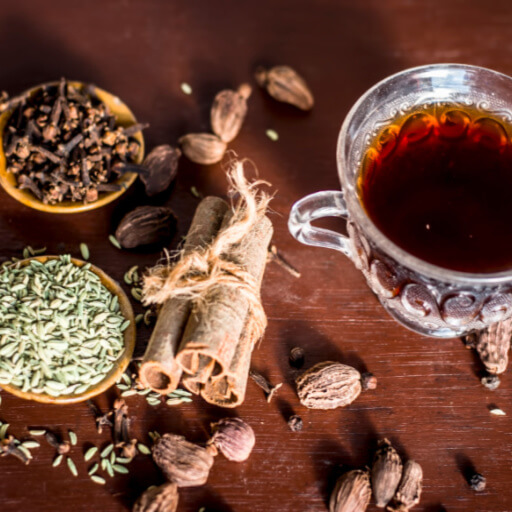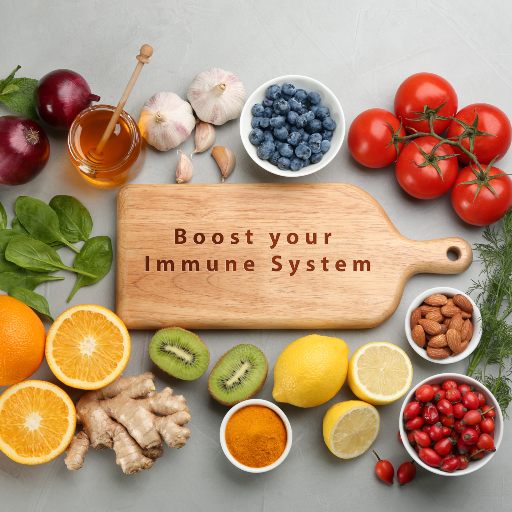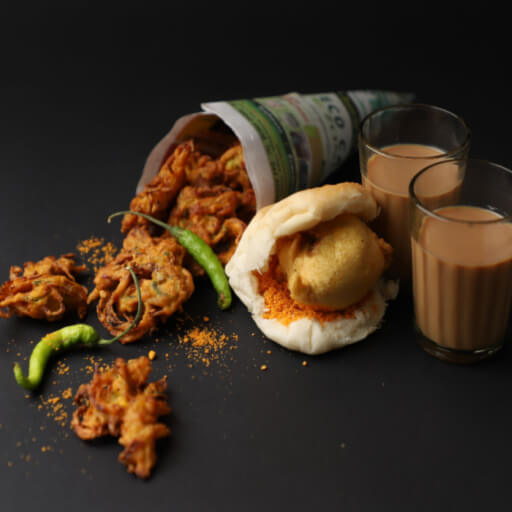The monsoons bring viral infections, allergies and other seasonal diseases like malaria. The humidity in the air also causes digestive problems by slowing down digestion. Eating fruits in the rainy season can help improve digestion and strengthen your immune system. However, you should consume monsoon fruits wisely. Continue reading to know why.
What You Should Know:
- Immunity-boosting foods in the rainy season
- How can rainy-season fruits help boost immunity?
- Which rainy season fruits can boost your immunity?
Immunity-boosting foods in the rainy season
Experts widely consider fruits a healthy option during the monsoon if eaten fresh and washed properly. However, unwashed or exposed monsoon fruits and leafy vegetables can carry excess bacteria, leading to illnesses. That is why you should avoid certain foods in the monsoon.
Here are some foods and fruits you can eat in the rainy season:
- Broccoli
- Spinach
- Beetroot
- Yogurt
How can rainy-season fruits help boost immunity?
In this modern age, almost all of us suffer from low immunity. However, there are numerous ways to build up your immunity. The rainy season means bacterial and viral infections. Eating rainy-season fruits can help you build up your immune system this monsoon and help fight seasonal ailments.
Which rainy season fruits can boost your immunity?
While choosing fruits to include in your diet for the monsoon, you should look for fruits that are in season at the time. Here are some monsoon fruits for the rainy season that can improve your immunity.
- Pomegranates
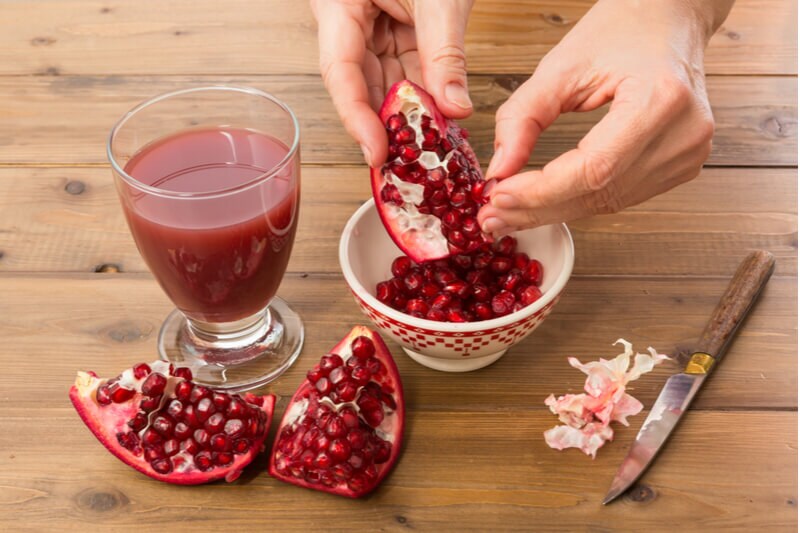

One pomegranate of 140 grams provides around 117 calories, 4.7 grams of proteins and 52.7 grams of carbohydrates, and 3.3 grams of fat.
- Litchis
Litchi is a fruit that is rich in fiber, which makes it helpful against acidity and indigestion. Vitamin C in litchis helps prevents the common cold. This fruit is also helpful against monsoon skin problems like acne and spots. That’s why you should consider eating litchis as one of the regular monsoon fruits.
10 grams of litchi contains 6.6 calories, 0.083 grams of protein, 0.044 grams of fat and 71.5 mg of Vitamin C content.
- Pears
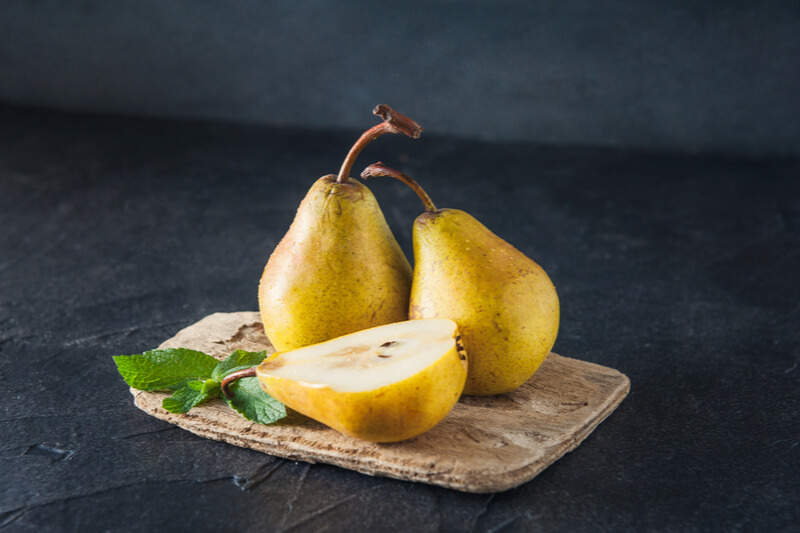

A 100-gram pear will give you 57 calories of energy, 30 grams of carbohydrates, 232 milligrams of potassium and 10 grams of sugar.
- Apples
Apples are a rich source of vitamins A, B1, B2 and C and minerals like phosphorus, iodine, calcium, and iron. This fruit is helpful to almost every part of your body all year round.
A 100-gram apple contains 58 calories, 0.75 grams of protein, 4 grams of iron, 28 grams of carbohydrates, and 208 milligrams of potassium.
- Jamun
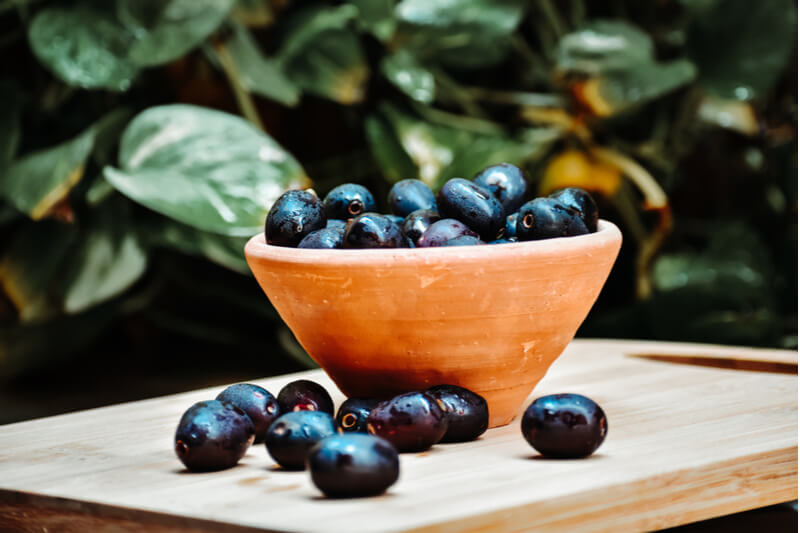

100 grams of edible jamuns contains 0.7 grams of proteins, 14 grams of carbohydrates, and 55 grams of potassium.
- Plums
Plums can strengthen your immune system and prevent constipation. This is because plums are loaded with few dietary fibers, copper, potassium, and vitamins C and K.
One medium-sized plum of 60 grams can get you 30 calories, 7.5 grams of carbs, 6.6 grams of sugar, and 11.2 milligrams of vitamin A.
- Cherries
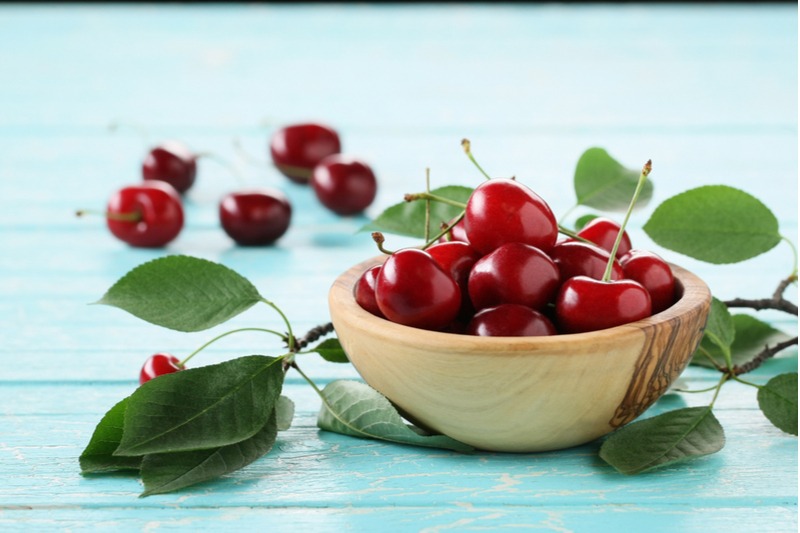

Cherries are seasonal fruit rich in antioxidants and one of the best monsoon fruits for immunity. This makes them helpful in fighting infections and reducing inflammation. This is one of the most effective rainy-season fruits you can eat daily.
One cup of cherry every day can give you 100 calories, 342 milligrams of potassium, 3.2 grams of fiber, and 24.6 grams of carbohydrates.
While these rainy season fruits are best eaten raw, you can have them as a juice or add them to any desserts you want.
Stay tuned to the Activ Living Community. Keep up to date with the latest health tips and trends through expert videos, podcasts, articles, and much more in nutrition, fitness, mindfulness, and lifestyle conditions like Asthma, Blood Pressure, Cholesterol, and Diabetes.
You may also be interested in the following blogs:
- How Can Some Indoor Exercises For Monsoon Help You Stay Fit?
- What Are The 5 Effective Ways To Counter Monsoon Blues?
Popular Searches
How to lower blood pressure | Fruits good for liver | Unhealthy foods | Ragi Benefits | Basal Metabolic Rate | Acupressure points for High Blood Pressure | Ayurvedic medicine for blood pressure | How to control cholesterol at home | Homeopathy for Asthma | Biological Age | Home remedies for TB | Natural beta blockers | Negative effects of internet | Types of walking | Blood pressure calculator | Blood sugar calculator | BMI Calculator












